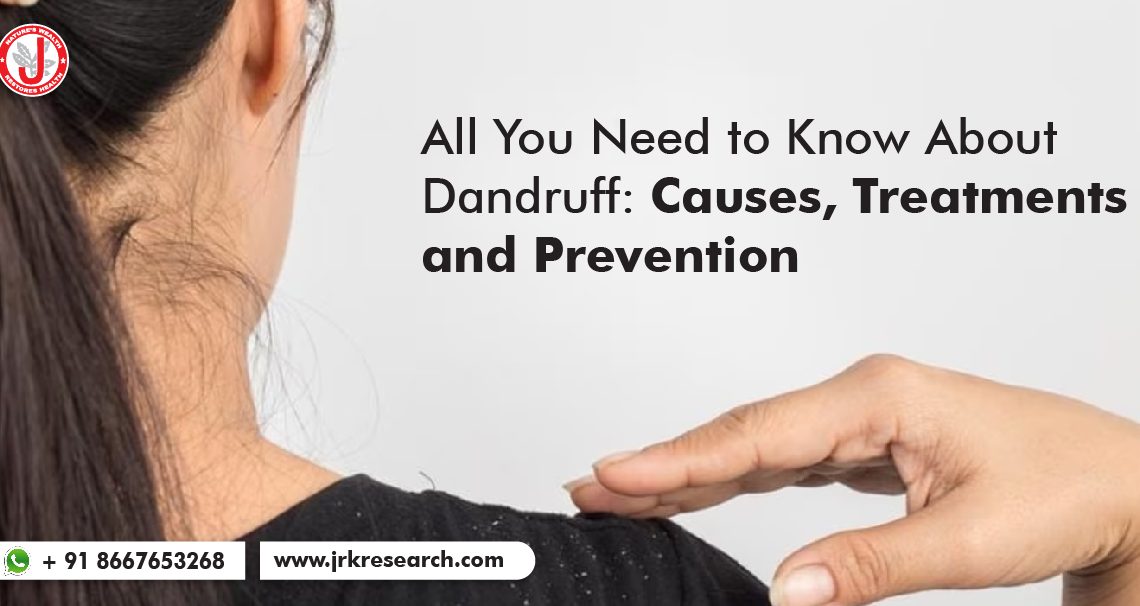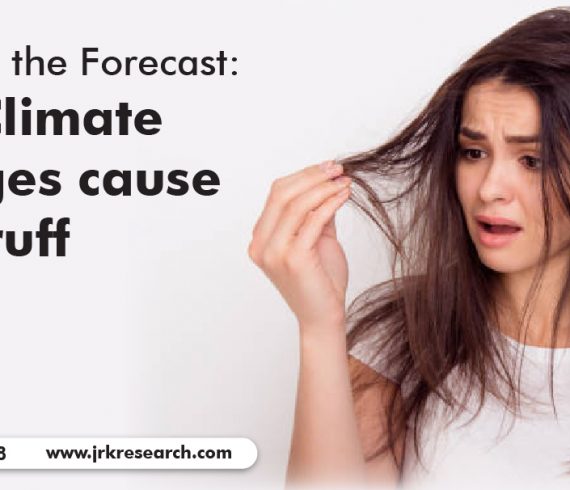

Introduction
Dandruff is a common scalp condition that affects millions of people worldwide. It is characterized by the presence of white flakes on the scalp and hair. Although dandruff is not a serious health concern, it can be embarrassing and cause discomfort. In this blog, we will delve into the causes, treatments, and prevention strategies for dandruff.
What Causes Dandruff?
Dandruff can be caused by several factors, including:
1. Malassezia: Malassezia is a fungus that naturally resides on the scalp. However, in some individuals, it can become overactive, leading to an increased production of skin cells. The excessive shedding of these cells results in dandruff flakes.
2. Seborrheic Dermatitis: Seborrheic dermatitis is a common skin condition that causes redness, itching, and flaking. It primarily affects areas rich in oil glands, such as the scalp, face, and upper chest.
3. Dry Skin: Dry skin is a common culprit for dandruff. When the scalp becomes excessively dry, it can lead to flaking and itchiness.
4. Sensitivity to Hair Products: Certain hair products, such as shampoos, conditioners, or styling products, can irritate the scalp and trigger dandruff in susceptible individuals.
5. Poor Hygiene: Infrequent washing of hair and scalp can allow oil and dead skin cells to accumulate, leading to dandruff.
Treatments for Dandruff
Fortunately, there are several effective treatments available to manage dandruff:
1. Medicated Shampoos: Over-the-counter medicated shampoos containing ingredients like zinc pyrithione, salicylic acid, ketoconazole, or selenium sulfide can help control dandruff.
2. Antifungal Shampoos: Shampoos containing antifungal agents, such as ketoconazole, Zinc pyrithione or ciclopirox, can target the Malassezia fungus responsible for dandruff.
3. Tar-based Shampoos: Shampoos containing coal tar can help slow down the production of skin cells, reducing flaking and itching.
4. Natural Remedies: Some natural remedies may help alleviate dandruff symptoms. These include tea tree oil, apple cider vinegar, aloe vera, and coconut oil. However, their effectiveness may vary, and it’s advisable to consult a healthcare professional before use.
Preventing Dandruff
Prevention is key when it comes to managing dandruff. Consider the following tips to prevent dandruff or minimize its recurrence:
1. Regular Hair Washing: Wash your hair regularly with a gentle shampoo to keep your scalp clean and free from oil and dead skin cells.
2. Avoid Harsh Hair Products: Opt for mild and hypoallergenic hair products to minimize scalp irritation.
3. Maintain a Healthy Diet: A balanced diet rich in vitamins, minerals, and omega-3 fatty acids can contribute to a healthy scalp.
4. Stress Management: Stress can worsen dandruff symptoms, so find healthy ways to manage stress levels, such as exercise, meditation, or engaging in hobbies.
5. Avoid Scratching: Although it may provide temporary relief, scratching can worsen dandruff and lead to scalp inflammation. Try to resist the urge to scratch.
When to Seek Professional Help
In most cases, dandruff can be effectively managed with over-the-counter treatments and preventive measures. However, if your dandruff persists despite using these methods or if it becomes severe, it is advisable to consult a dermatologist. They can help determine the underlying cause of your dandruff and provide appropriate treatment options. A dermatologist may perform a thorough examination of your scalp, review your medical history, and recommend specific treatments tailored to your condition.
In some cases, the underlying cause of dandruff may be a more severe condition that requires medical intervention. Conditions such as psoriasis, eczema, or fungal infections can manifest as dandruff-like symptoms. A dermatologist can diagnose and provide appropriate treatment for these conditions.
Additionally, if your dandruff is accompanied by symptoms such as excessive redness, swelling, sores, or hair loss, it is crucial to seek professional help promptly. These symptoms could indicate an underlying scalp or skin condition that requires medical attention.
In conclusion Dandruff is a common scalp condition that can be bothersome and embarrassing. Fortunately, there are various treatments and preventive measures available to manage dandruff effectively. Over-the-counter medicated shampoos, natural remedies, and lifestyle adjustments can help control symptoms and reduce flaking and itching.
Remember to maintain good scalp hygiene, use gentle hair products, and seek professional help if your dandruff persists or worsens. With the right approach, you can effectively manage dandruff and maintain a healthy scalp.
Use of effective dandruff solutions can control it in the beginning and help maintain scalp health. JRK’s presents a combo for complete and effective dandruff treatment which has Dano active AD oil and Lumina AD herbal shampoo to maintain a good scalp environment.
However, it’s important to note that the information provided in this blog post is for informational purposes only and should not replace the advice of a healthcare professional. If you have specific concerns or questions regarding dandruff, it is always best to consult with a dermatologist or a qualified healthcare provider.








